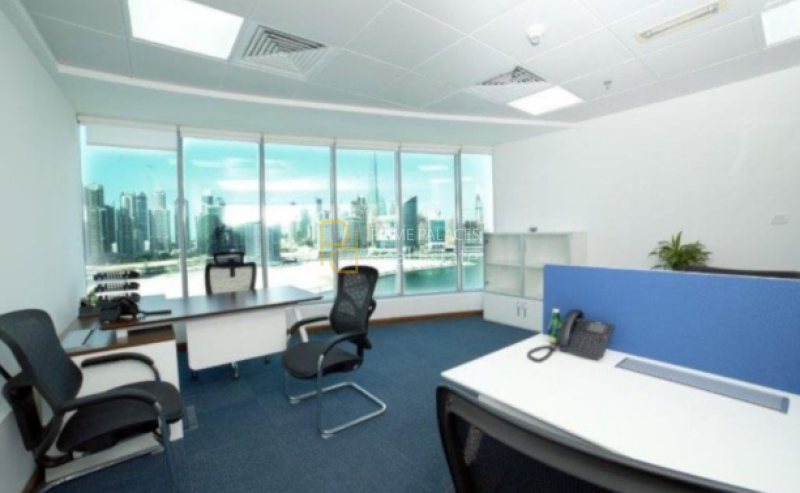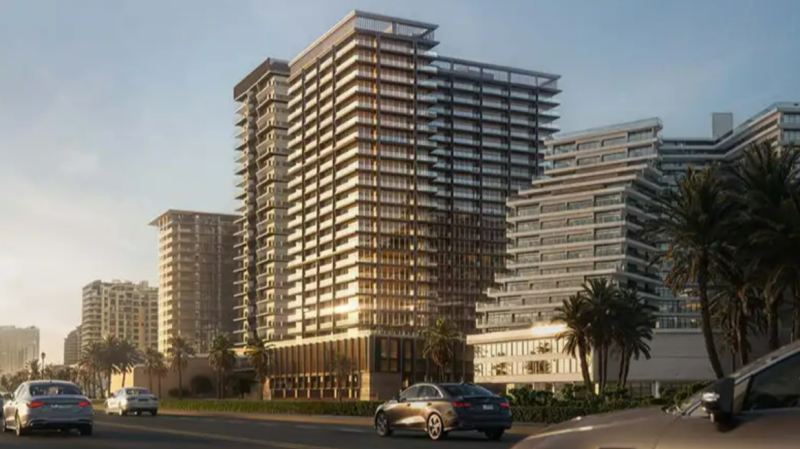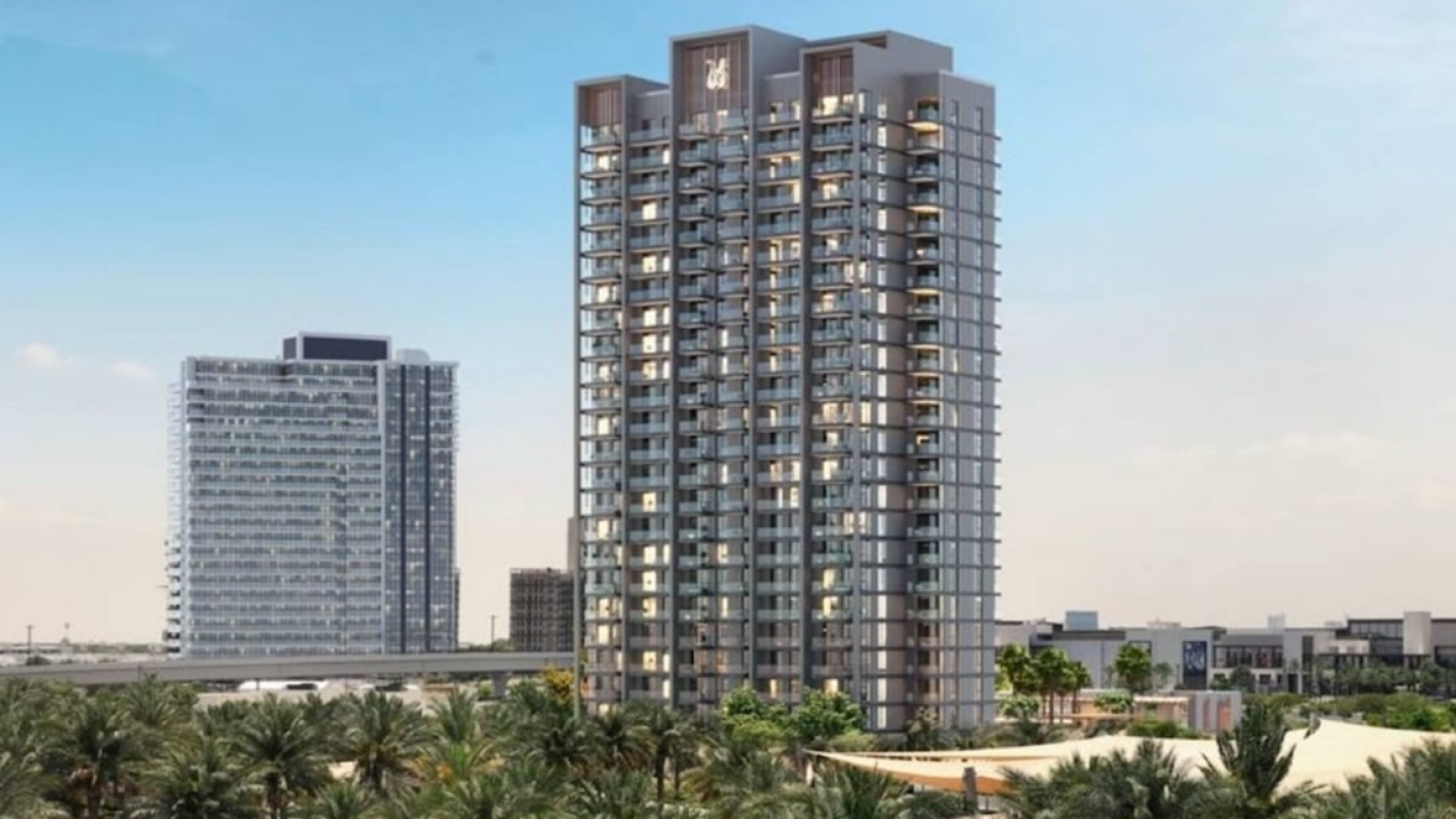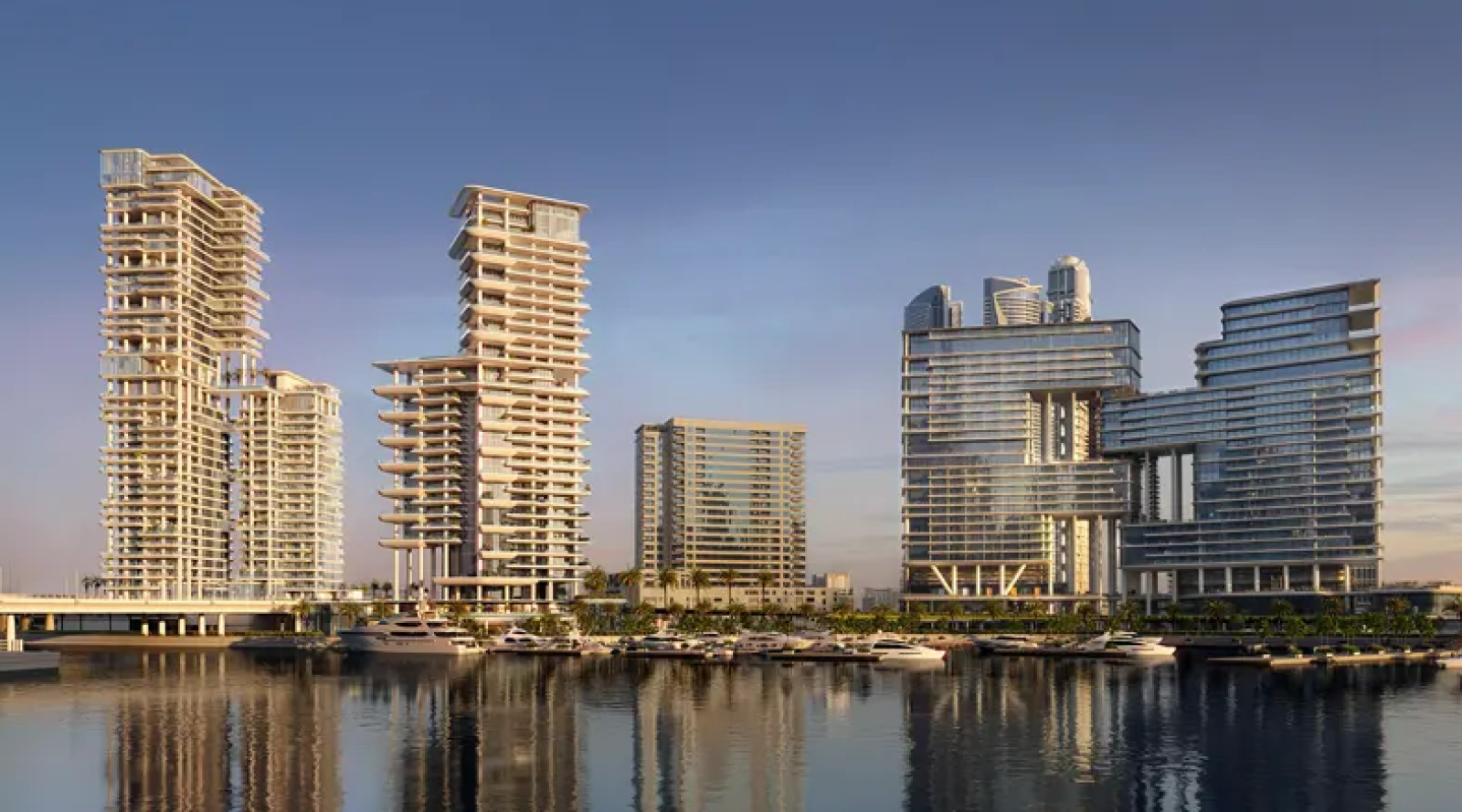Dubai’s Short-Term Rental Boom: How to Tap Into It
Dubai has rapidly become one of the world’s leading short-term rental markets, driven by an influx of tourists, digital nomads, and relocating professionals. With Expo City Dubai, major trade shows, and year-round tourism, demand for flexible, furnished accommodation has soared. As a result, more landlords are transitioning from traditional leasing models to capitalize on the booming short-term rental market in Dubai.
If you own a property—or are considering buying one—understanding how to tap into this opportunity is key to maximizing rental income in Dubai and boosting your return on investment.
1. Why Dubai’s Short-Term Rental Market Is Growing
Dubai’s short-stay sector is fueled by global connectivity, visa flexibility, and an expanding visitor economy. The city’s strategic location, tax-free income policy, and luxury lifestyle draw millions of travelers annually. This, combined with limited hotel supply in peak seasons, makes short-term lets a preferred choice for visitors seeking more space and privacy.
Districts like Downtown Dubai, Dubai Marina, and Palm Jumeirah are particularly popular with tourists and business travelers. Units in these areas consistently achieve premium rental yields in Dubai, especially during winter months and major international events.
2. Licensing and Legal Requirements
To operate legally, property owners must obtain a holiday home permit through the Dubai Department of Economy and Tourism. The property must be registered, furnished, and meet minimum standards. Owners can manage the property themselves or appoint a licensed holiday home operator.
Failing to obtain proper licensing can result in fines and delisting from short-term platforms. Legal compliance is critical for sustainable success in the Dubai short-term rental market.
3. Selecting the Right Property for Short-Term Leasing
Not all properties are created equal when it comes to short-term rentals. Freehold apartments in Dubai located in high-traffic areas with amenities such as pools, gyms, and concierge services tend to perform best. Proximity to attractions, beaches, and public transit boosts occupancy rates.
Furnishing quality, interior design, and amenities can also make or break your listing. A stylish, well-equipped unit not only commands higher nightly rates but also earns better guest reviews—further increasing bookings and rental income in Dubai.
4. Pricing and Yield Optimization
Short-term rental pricing is dynamic. Platforms like Airbnb and Booking.com allow you to adjust rates based on seasonality, demand, and local events. Using smart pricing tools or working with a holiday home manager can help you maximize short-term rental yields in Dubai without constant manual updates.
Owners should also consider minimum stay policies, cleaning fees, and weekly or monthly discounts to improve occupancy and attract different guest types—from tourists to remote workers.
5. Professional Management and Guest Experience
Managing guest check-ins, cleanings, and maintenance can become time-consuming, especially for landlords with multiple units or who reside abroad. Hiring a licensed holiday home management company ensures your property stays compliant, competitive, and highly rated.
Experienced operators handle everything from marketing to housekeeping, allowing you to generate passive income from Dubai property while ensuring five-star guest experiences.
6. Financial Returns and Exit Strategies
Well-managed short-term properties often yield higher net returns than long-term leases, particularly in luxury zones. However, they may also face variable occupancy and operational costs. For some investors, starting with short-term lets and converting to long-term leases later provides a balanced approach.
In Dubai’s current regulatory environment, landlords retain flexibility to switch models based on performance and market shifts—adding to the appeal of real estate investment in Dubai through short-term rentals.
Dubai’s short-term rental market shows no signs of slowing. With proper planning, legal compliance, and strategic management, landlords can tap into this high-performing segment and unlock superior rental income in Dubai. Whether you're diversifying your portfolio or entering the market for the first time, short-term letting offers a powerful vehicle for cash flow and long-term appreciation.



























































































